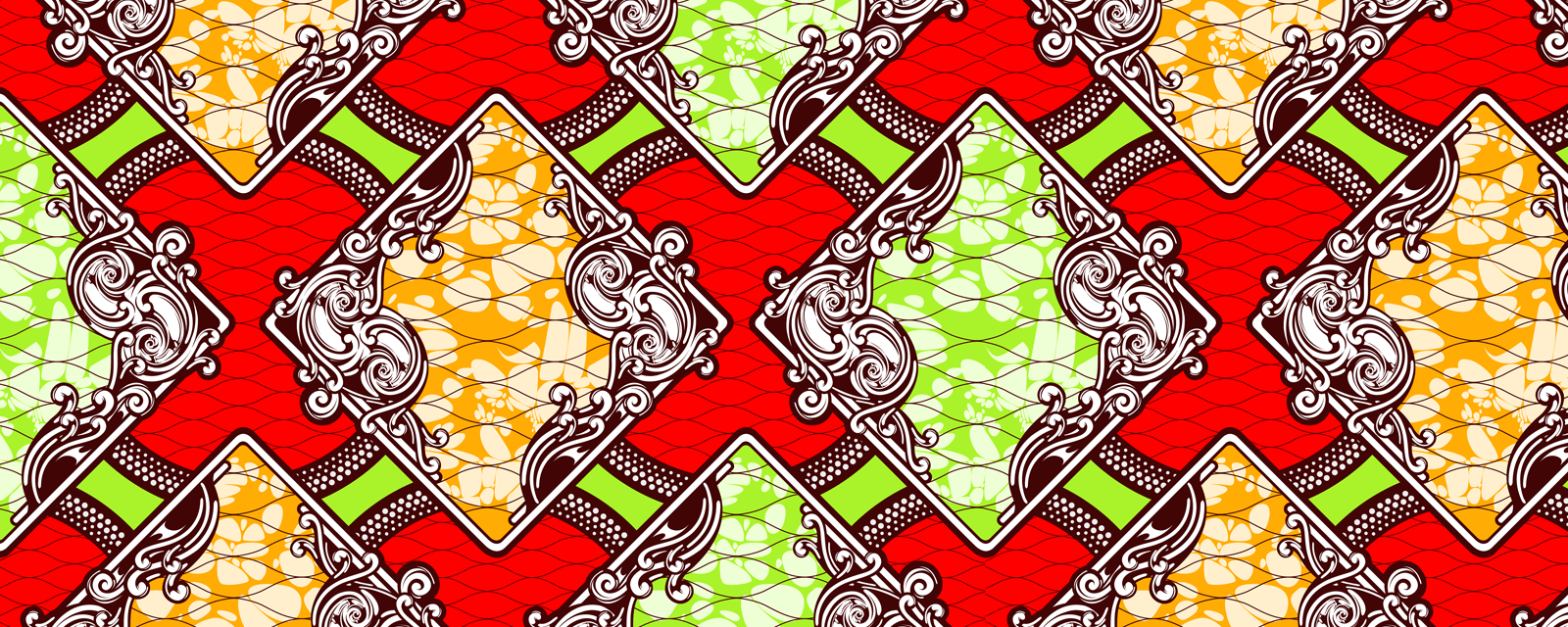Shango, or Ṣàngó, was the third Alafin (king) of the Oyo kingdom. He was deified after his death and is one of the most popular Òrìṣàs across the Caribbean and the Americas. These praises are sung by devotees of Ṣàngó and emphasise the daily duty of paying respect to the Òrìṣà.
Yorùbá mythology describes Ṣàngó as having three wives during his lifetime, Ọ̀ṣun, Ọba, and Ọya. In this poem, Origeibo is mentioned as his wife, along with a line describing Ṣàngó as The man who married without paying a dowry. We have not come across the name Origeibo before and are hoping that perhaps a reader with some knowledge may be able to shed some light on this.
These Oríkì (praises) were recorded in Yorùbá in the early 1950s by Ulli Beier, the German-Jewish scholar who went on to make distinguished contributions to Nigerian literature. The translation has been modified slightly.
When the elephant wakes in the morning,
he must pay his respects to his new wife.
When the guinea fowl wakes in the morning,
it must prostrate itself to the lord of the forest.
If it fails to greet him thus, it will be killed by the hunter.
The olorisha will take it away, (1)
and after selling it will use the money to make medicine.
If the antelope wakes in the morning
and neglects to bow down to the owner of the bush,
Then the hunter will come, and take its head to eat with pounded yam.
O my lord, husband of Origeibo, (2)
I prostrate before you before any undertaking.
The rain beats the Egun because he cannot find shelter. (3)
He cries “help me, dead people in heaven, help me!”
But the rain cannot beat Shango.
They say fire is the one who kills water.
Lightening — with what kind of cloth do you cover your body?
With the cloth of death.
The man who tells lies will die in his home.
Shango strikes the one who is so stupid,
He wrinkles his nose and the liar runs off.
Even when he does not fight, we used to fear him,
Son of a leopard, who uses blood for bathing.
The man who died in the market and woke up in the house,
He is the one I will worship for the sake of my head.
He takes his neighbour’s roof to cover his own head.
He lends money and does not ask for it in return.
The king who knows today and tomorrow,
The one who knows what the white man speaks in secret.
The one who turns a bad head into a good one. (4)
He who gives child to the white-haired woman.
I beg you, give me also a daughter of my own.
The man who married without paying a dowry, (5)
I was the one who paid my own dowry before I married him.
The man who bought the vagina on credit and asked the chief to pay.
Anybody who waits for the elephant waits for death.
Anybody who waits for the buffalo waits for a fight.
Anybody who waits for the railway waits for trouble. (6)
He says we must avoid the thing that will kill us.
He says we must avoid trouble.
He is the one who has waited for the things we are running away from.
I will not venerate anybody except you in my life.
Shango, I beseech you, grant me a good life.
I want what is in your hand.
I want a good thing from you.
Grant me my own gift today.
I will venerate nobody more than you.
I pray, pray you, I have nobody but you.
Do not fight with me.
Give me a child of my own.
H.U. Beier,
“Yorùbá Vocal Music”,
African Music Society Journal 1.3 (1956) 25–26.
Footnotes
- Olorisha means worshipper.
- Ṣàngó had three wives, Ọ̀ṣun, Ọba, and Ọya. Can any user explain this name Origeibo?
- Egun: Masked dancer, representing an ancestor.
- Head: stands here for personal good fortune. See also The Importance of Ori.
- Can any readers explain this story of Ṣàngó’s marriage, perhaps to Origeibo?
- As always in Yorùbá Oriki, the praises move easily between traditional and modern images.

